Methane to food waste: eight ways to attempt to stay within 1.5C

The Intergovernmental Panel on Climate Change published the “synthesis report” of its sixth assessment report (AR6) on Monday. Eight years in preparation, this mammoth report encompasses the entire range of human knowledge of the climate system, compiled by hundreds of scientists from thousands of academic papers, and published in four parts, in August 2021, February and April 2022, and March 2023.
The report drew together the most important findings – but also highlighted some key measures that governments and countries must take immediately if we are to avoid climate catastrophe:
Reduce methane
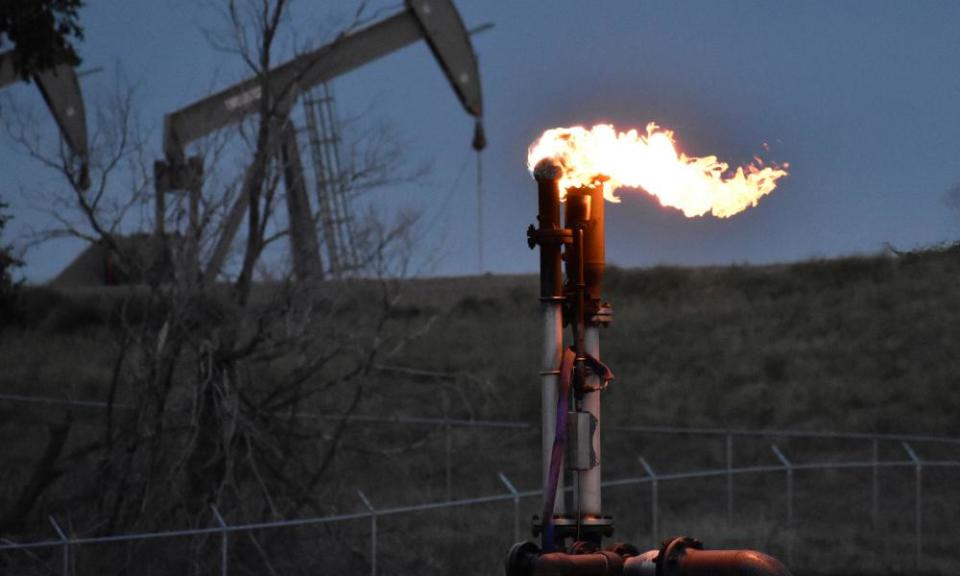
Sharp cuts to short-lived climate pollutants, methane chief among them, could cut more than half a degree from global heating. Produced from oil and gas operations and coalmines, and from animal husbandry and natural sources – such as decaying vegetation – methane is a greenhouse gas about 80 times more powerful than carbon dioxide. But it lasts only for about 20 years before degrading into CO2.
Durwood Zaelke, a peer review scientist for the IPCC’s AR6 report, and founder of the Institute for Governance and Sustainable Development in the US, says cutting it is “the best way to slow near-term warming – indeed the only way we know of, short of [geoengineering through] solar radiation management, carbon dioxide removal and methane removal, all of which are still speculative”.
Cutting it should be easy: the International Energy Agency found that plugging the leaks from fossil fuel operations was not only low-cost but in most cases actively profitable. Butmany of these operations are in countries with little interest in climate action – Russia is the worst offender, but even in the US, action has been feeble – and despite the Methane Pledge signed by close to 100 countries since 2021, methane emissions continue to rise strongly. The Guardian recently revealed 1,000 super-emitting methane leaks.
Stop deforestation
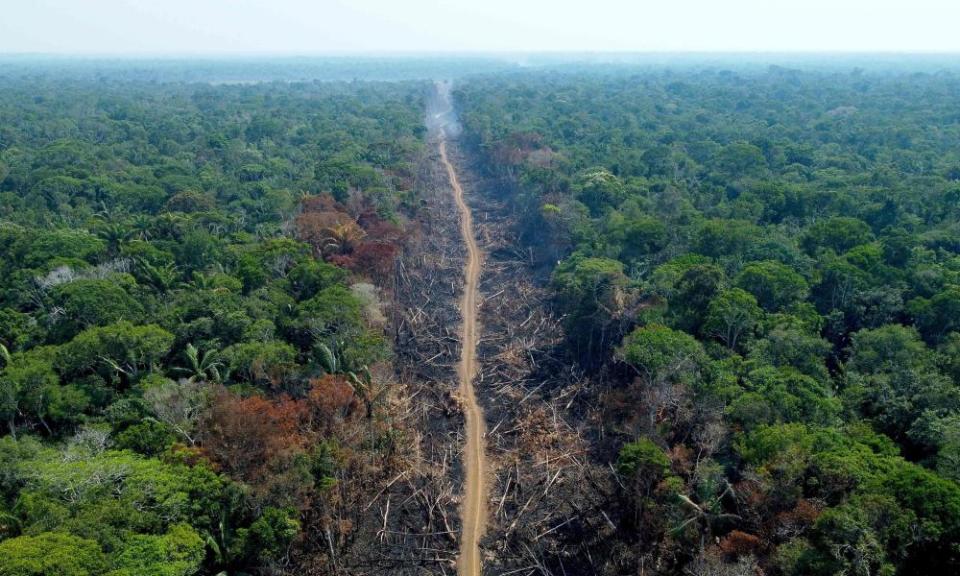
Cutting down rainforests destroys some of the world’s biggest carbon sinks and risks taking the world to a “tipping point” at which vast forests such as the Amazon and the Congo become sources of carbon dioxide to the atmosphere instead of absorbing it.
The world’s remaining forests are also vital hotspots for biodiversity, so preserving them not only keeps the lungs of our planet alive but is essential to any hope of stemming the catastrophic loss of global species, as well as for Indigenous people who live there.
There is hope that the recent disastrous rates of deforestation seen in Brazil will abate under the return of President Lula, but the work will be difficult. The Congo is also still under severe threat, and despite progress in Malaysia and Indonesia the destruction of forests there for palm oil continues.
Restore other degraded land, and stop it being turned to agriculture
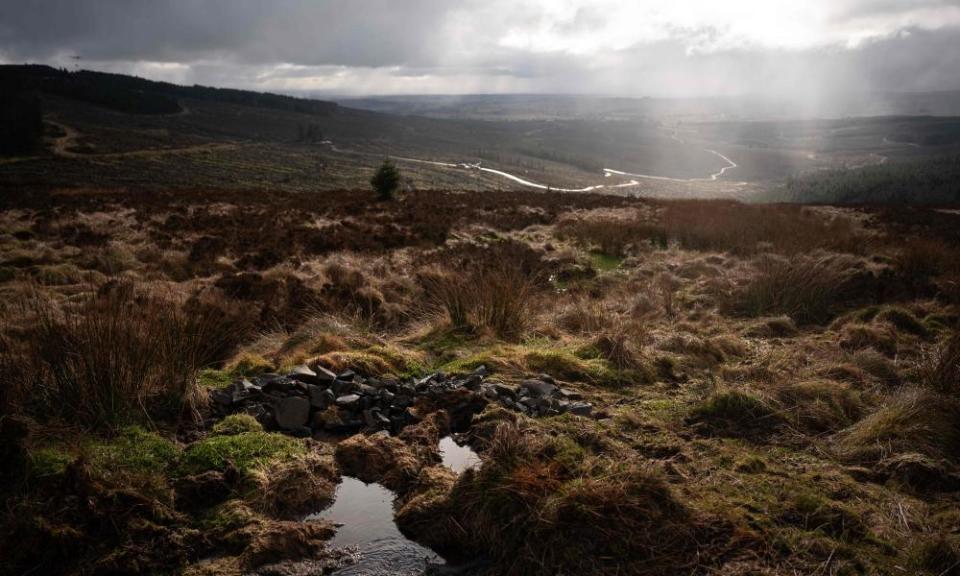
Forests grab the headlines, but many other aspects of natural ecosystems are vital absorbers of carbon, yet are being degraded. Restoring them would benefit nature and the climate. Wetlands and peatlands store vast quantities of carbon, but are under threat as they are drained for agriculture. In the oceans, mangrove swamps and seagrass meadows – which store carbon and can help to reduce the impacts of rising sea levels and storms – have been destroyed.
The oceans themselves are huge carbon sinks, but their capacity to absorb and store carbon is increasingly under threat at higher temperatures. Stopping overfishing, for instance by cutting wasteful subsidies for industrial fishing, and allowing natural marine ecosystems to regenerate would restore some of the natural carbon cycle of the oceans.
Change agriculture, and change the way we eat
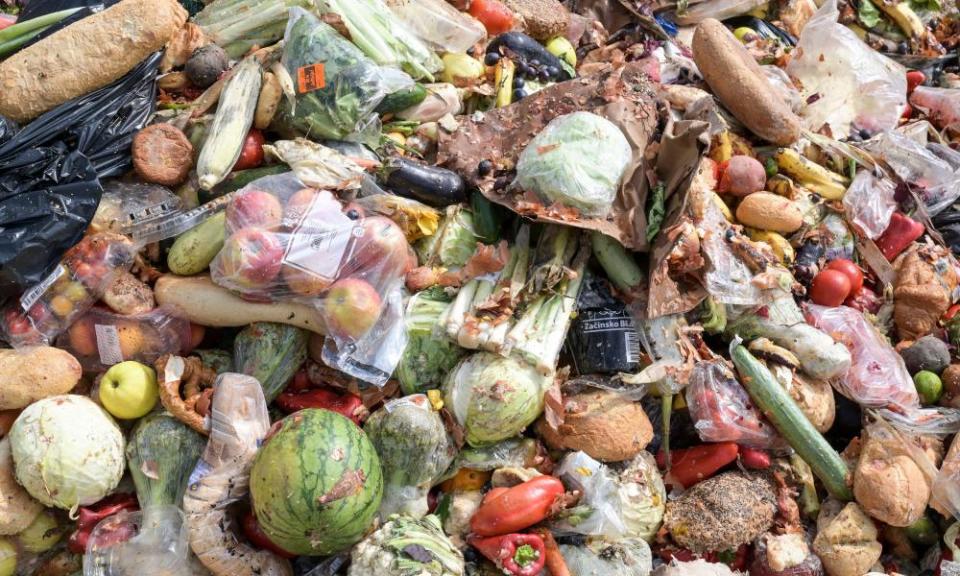
Feeding the world’s future population using current food systems will be impossible, but shifting to a more sustainable diet that is rich in plants and short on meat and dairy products would go a long way.
Beyond meat-eating, fertilisers release nitrous oxide, a strong greenhouse gas in its own right. Fortunately, modern agricultural methods, using precision farming techniques can offer a way of keeping yields high while reducing the impact on the climate and nature.
Finally, reducing food waste will be vital, as globally one-third of all food produced for human consumption is wasted. In poor countries in the global south, the lack of refrigeration is also a key factor in wasting food before it can be consumed, and is worth investment.
Solar and wind power

Renewable energy in the form of wind and solar power is now cheaper than fossil fuels across most of the world and the IPCC found that solar power, wind power and reducing the conversion of land to agriculture were the three measures with the strongest potential for reducing greenhouse gas emissions globally.
The US and the EU are now engaged in a renewable energy arms race, which is likely to spur competition further. China is the one to watch, however, adding almost as much renewable energy to the grid last year as the rest of the world combined. China also has a near-monopoly on some critical minerals used in clean technology, a position in which the US and the EU are belatedly taking interest.
Energy efficiency

The International Energy Agency found that using energy more efficiently was the single largest potential contributor to reaching net zero greenhouse gas emissions. But between 2015 and 2020 improvement in global primary energy intensity slowed, averaging 1.4% a year, down from 2.1% a year over the period 2010-2015. Despite initial signs of a recovery, weak global energy intensity improvements of below 1% a year were observed in 2020 and 2021, as Covid-19 lockdowns bit. This was well below the 4% a year required on average from 2020 to 2030, the IEA warned.
Transport is also ripe for change. More efficient public transport systems around the world would benefit people, boost the economy, reduce air pollution and cut greenhouse gas emissions, but in too many urban centres this is an area severely neglected by governments.
Stop burning coal
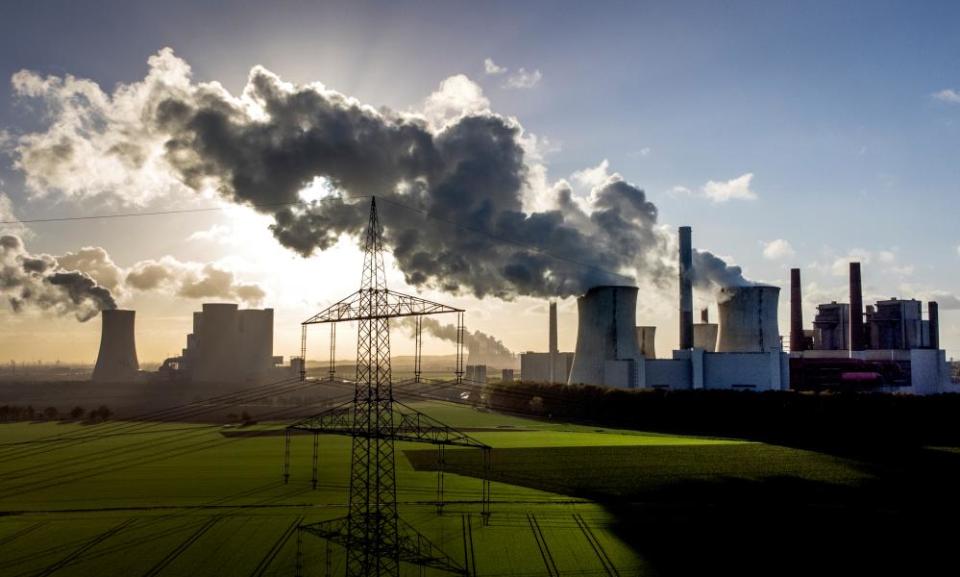
Switching from coal to gas-fired power would reduce greenhouse gas emissions globally by more than making all buildings energy efficient. But many governments – including China, which recently approved the biggest expansion of coal-fired power plants since 2015, as well as India and Australia – are deeply entwined with coal interests, and have seen coal as essential to national energy security.
But it can be done. In developing countries, just energy transition partnerships have begun in South Africa, Vietnam and Indonesia to help workers to move out of coal and into highly skilled jobs in renewable energy generation.
Put climate at the heart of all decision-making
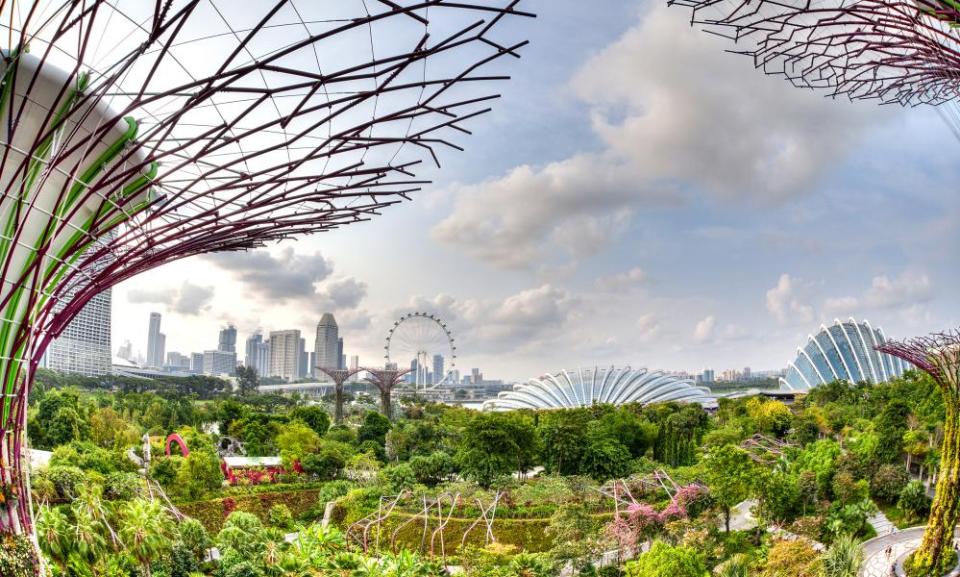
Historically environment ministries have been on the periphery of government, subservient to finance and business ministries.
This is no longer tenable. The IPCC issued a plea on Monday for the climate to be at the heart of all government policy, and all decision-making in business.
Only by “mainstreaming” climate action, in the unlovely UN jargon, into the decisions of all government departments, and at board level in business, can we hope to make the many changes needed.
The good news is that everybody should benefit, from better health and wellbeing, green jobs and a more vibrant economy, and by reducing the threat of climate catastrophe. Dr Hoesung Lee, the chair of the IPCC, said: “Mainstreaming effective and equitable climate action will not only reduce losses and damages for nature and people, it will also provide wider benefits. This synthesis report underscores the urgency of taking more ambitious action and shows that, if we act now, we can still secure a livable sustainable future for all.”

 Yahoo News
Yahoo News 
